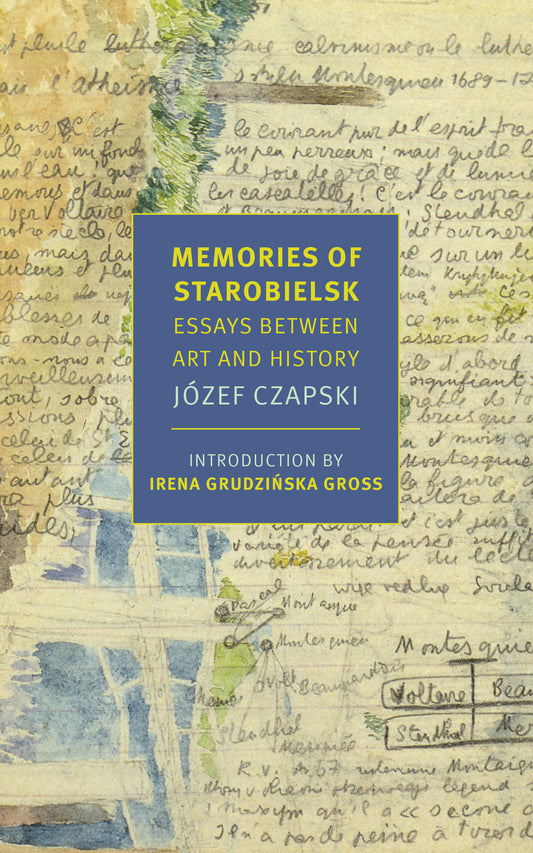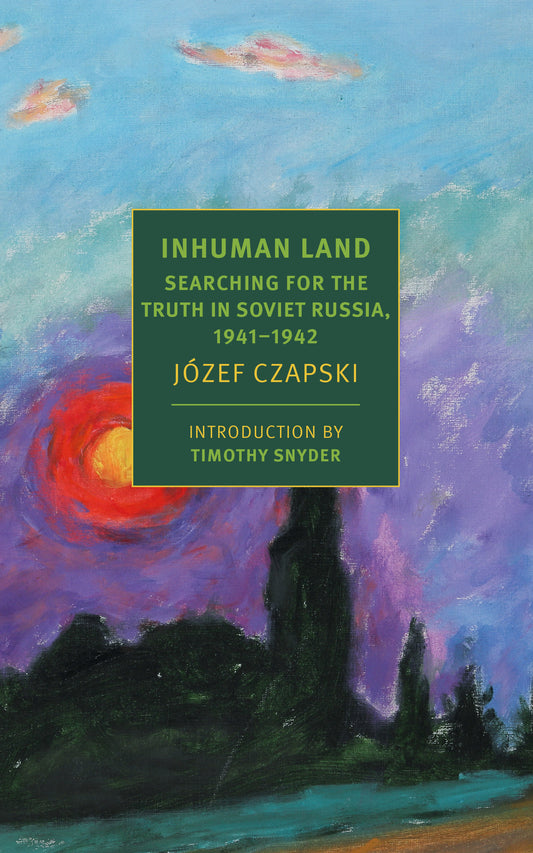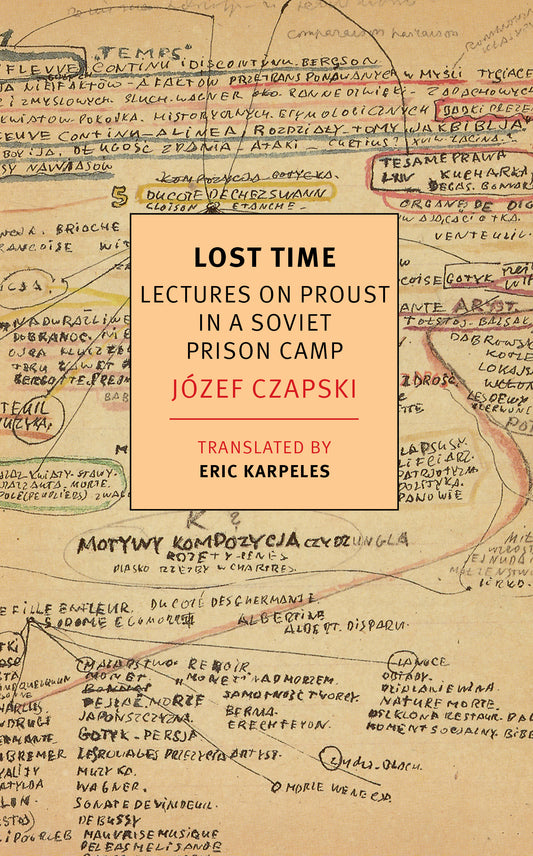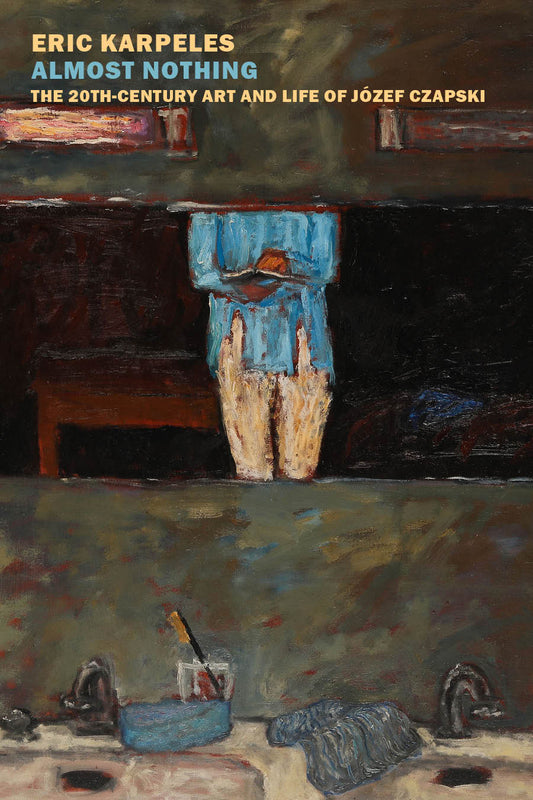Collection:
Józef Czapski
Józef Czapski (1896–1993), a painter and writer, and an eyewitness to the turbulent history of the twentieth century, was born into an aristocratic family in Prague and grew up in Poland under czarist domination. After receiving his baccalaureate in Saint Petersburg, he went on to study law at Imperial University and was present during the February Revolution of 1917. Briefly a cavalry officer in World War I, decorated for bravery in the Polish-Soviet War, Czapski went on to attend the Academy of Fine Arts in Kraków and then moved to Paris to paint. He spent seven years in Paris, moving in social circles that included friends of Proust and Bonnard, and it was only in 1931 that he returned to Warsaw, and began exhibiting his work and writing art criticism. When Germany invaded Poland in September 1939, Czapski sought active duty as a reserve officer. Captured by the Germans, he was handed over to the Soviets as a prisoner of war, though for reasons that remain mysterious he was not among the twenty-two thousand Polish officers who were summarily executed by the Soviet secret police. Czapski described his experiences in the Soviet Union in two books: Memories of Starobielsk (forthcoming from NYRB Classics) and Inhuman Land (available from NYRB Classics), the latter of which describes his continuing efforts to find out what had happened to his missing and murdered colleagues. Unwilling to live in postwar communist Poland, Czapski set up a studio outside of Paris. His essays appeared in Kultura, the leading intellectual journal of the Polish emigration that he helped establish; his painting underwent a great final flowering in the 1980s. Czapski died, nearly blind, at ninety-six.









